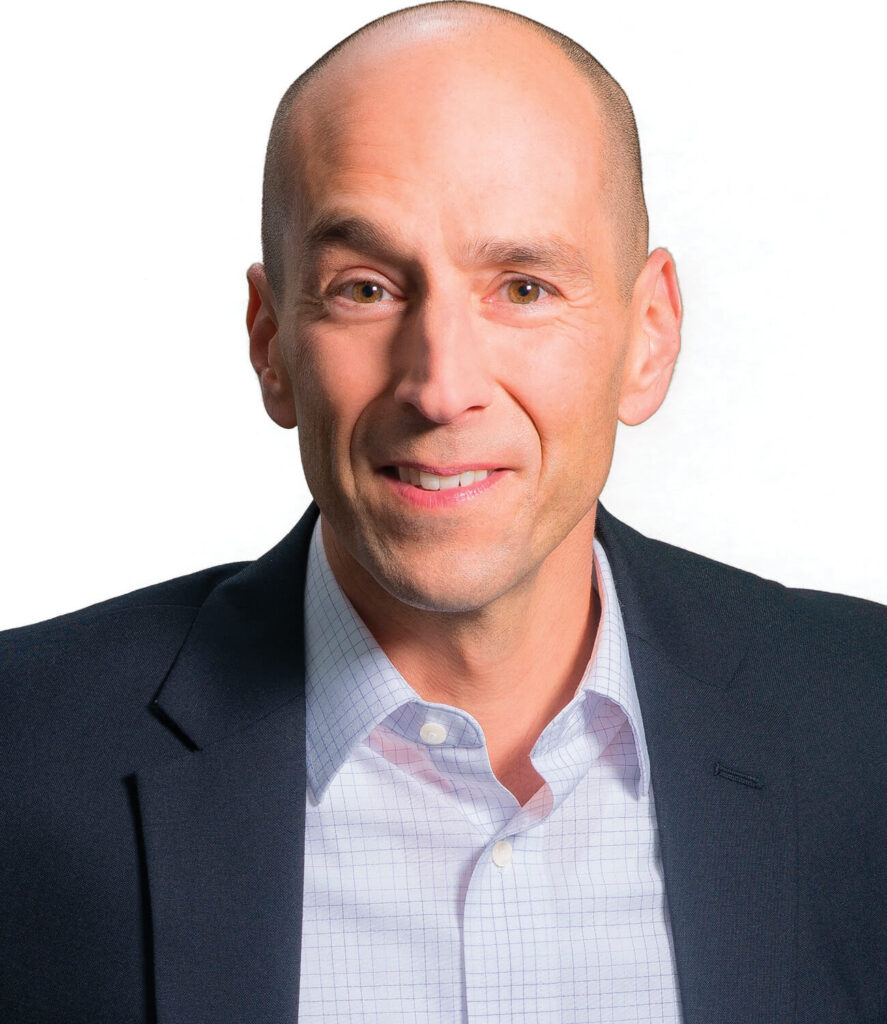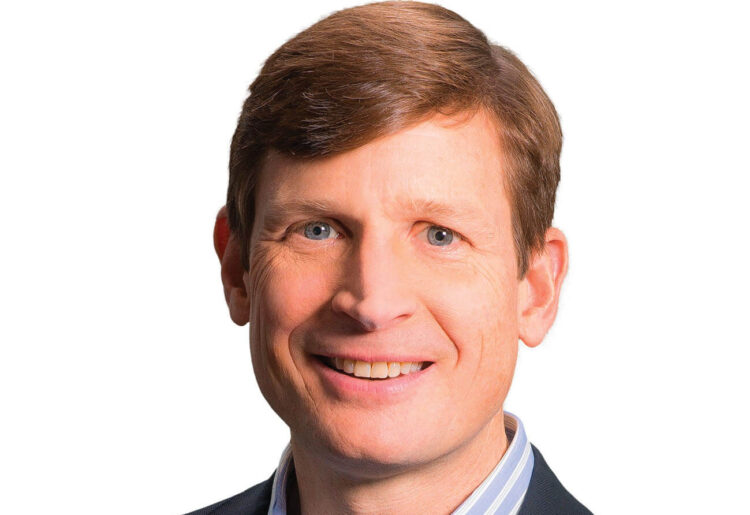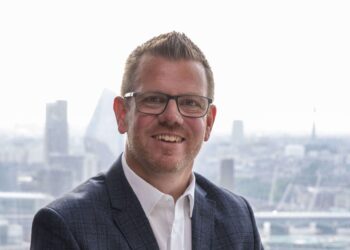Sophos was quick to talk up the achievements of outgoing CEO Kris Hagerman as it last night announced he has stepped down.
During his 12-year reign, Hagerman led the company through a “period of dramatic growth”, roughly tripling its revenues to $1bn and establishing it as “one of the clear next-generation leaders in the cybersecurity industry”.
Thoma Bravo-backed Sophos did not go into detail about why Hagerman is leaving, but said nine-year company veteran Joe Levy will become President and acting CEO of Sophos “effective immediately”.
Hagerman, whom Thoma Bravo partner Chip Virnig hailed as an “outstanding leader”, will stay on as an advisor to the company until 1 April 2024.
Here we round up four key moments in Hagerman’s 12-year reign.
1. Enters endpoint arena
Hagerman had big boots to fill when he joined Sophos as CEO in 2012.
Predecessor Steve Munford had helped more than triple its annual bookings to $400m during his six-year stint at the Oxford-based endpoint protection vendor.
Hagerman had previously spent seven years in senior management positions at Symantec and Veritas, before becoming CEO of Corel Corporation in 2008. Sophos at the time hailed his “strong execution and strategy skills”.
2. Takes Sophos public in same year as Softcat
2015 was a big year for UK tech IPOs, with Hagerman overseeing Sophos’ flotation on the LSE just months before reseller Softcat took the plunge.
He hailed the move – which valued Sophos at just over £1bn – as a “significant milestone for all of us at Sophos”.
“We are proud to be part of Britain’s growing tech economy as a listed business and a leading global provider in the cyber security sector,” he said, noting that Sophos at the time worked with over 15,000 channel partners.
Sophos had shelved two previous attempts to IPO, once in 2007 because the market was too soft and then in 2009 ahead of its decision to instead sell up to Apax Partners.
3. Next-gen security push with Thoma Bravo
Hagerman hailed Sophos’ transition to become a “fully next-gen cybersecurity leader” as – just five years later – he announced it was going private again.
Private equity firm Thoma Bravo completed its acquisition of Sophos in March 2020, for around $3.9bn.
By this time, its next-gen product portfolio represented over 60% of its business, Hagerman claimed.
“With Thoma Bravo as a partner, we believe we can accelerate our progress and get to the future even faster, with dramatic benefits for our customers, our partners and our company as a whole,” he said at the time.
4. Leaving things to Levy
Fast forward to 2024, and Sophos has under Hagerman’s tenure grown revenues to over $1bn and its customer base from 150,000 to 580,000 organisations.
“I am proud of our team’s accomplishments over the last 12 years as we have transformed Sophos into a true next-generation cybersecurity leader and an industry innovator in delivering cybersecurity as a service,” Hagerman said in the statement issued last night.
“I am excited to pass the baton to Joe Levy as President and acting CEO to lead Sophos into the future. Joe and I have worked closely together for over nine years, and he has been pivotal in leading our product, services and technology initiatives that have underpinned Sophos’ growth. He has my full and enthusiastic support.”

30-year cybersecurity veteran Levy has been with Sophos for nine years.
The vendor credits him with “driving the transformation of Sophos from a product-only vendor into the global cybersecurity as a service company it is today”.
Levy said his immediate goal is to work with partners to expand its ability to secure organisations that are unprotected or need stronger cyber defences.
“Our research indicates that midmarket and smaller organisations are increasingly in the crosshairs of attackers,” he stated.
“The interconnectedness of the modern world, with these under protected segments as its critical substrate, leaves us all exposed to the direct or indirect risk.
“The best way to reach all these organisations is to arm managed services providers and cyber-focused channel partners worldwide – those capable of operating cost-effectively at massive global scale – with innovative security technologies and services they can resell or co-deliver.”
IT Channel Oxygen has sought additional comment on Hagerman’s departure, and will update accordingly.














